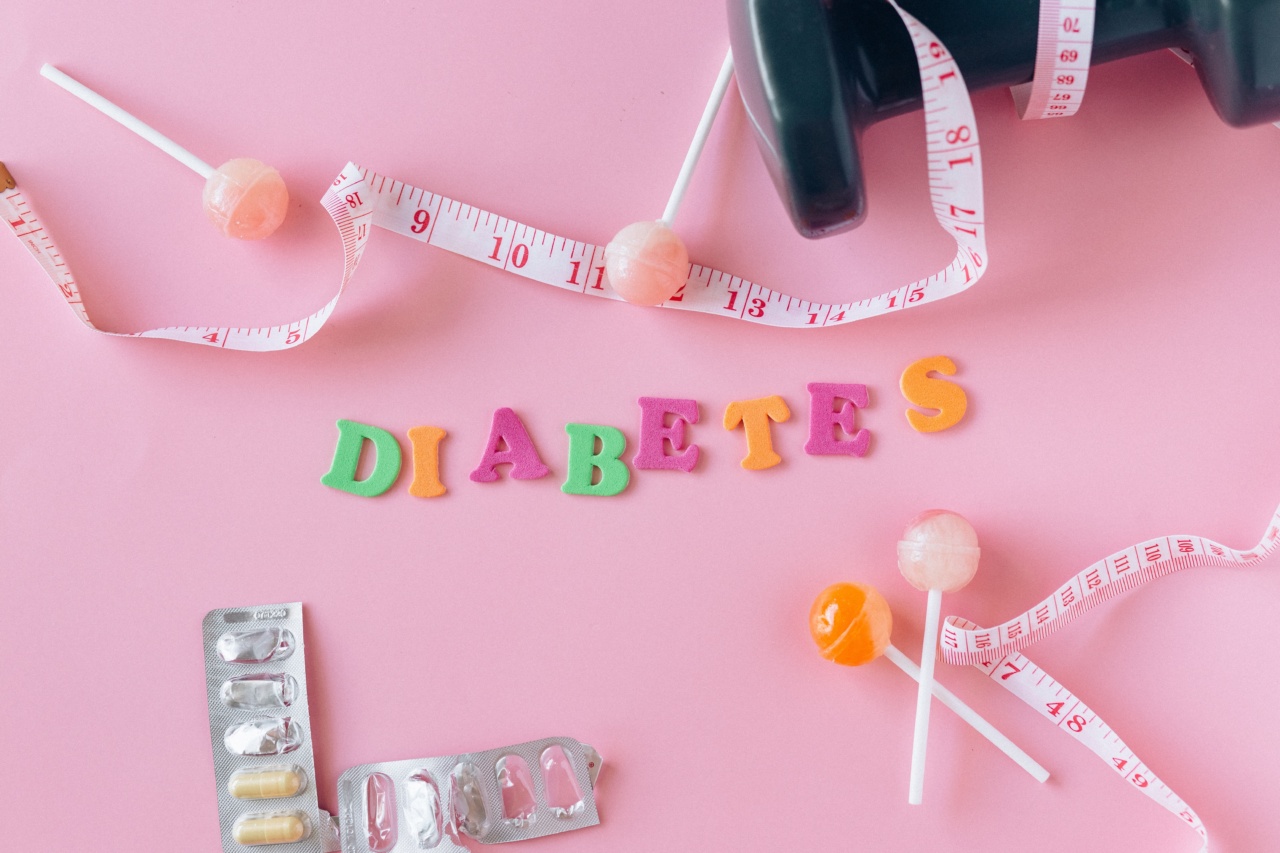Losing weight and managing glucose levels can be a challenging task for many individuals. However, with the right diet and lifestyle changes, it is possible to achieve remarkable results.
In this article, we will explore a miraculous diet that can aid in weight loss and glucose control.
The Importance of Weight and Glucose Control
Weight and glucose control play a vital role in maintaining overall health. Excessive weight gain and high glucose levels can lead to various health issues, including obesity, diabetes, heart disease, and more.
By managing weight and controlling glucose levels, individuals can reduce the risk of these health complications.
Understanding the Miraculous Diet
The miraculous diet focuses on consuming a balanced and nutrient-rich meal plan that promotes weight loss and glucose control. It emphasizes the inclusion of specific food groups, while limiting or eliminating others.
Let us delve into the key components of this diet.
1. Low Glycemic Index Foods
Foods with a low glycemic index (GI) have minimal impact on blood glucose levels. These foods are slowly digested, leading to a steady release of glucose into the bloodstream.
Examples of low GI foods include vegetables, legumes, whole grains, and certain fruits.
2. High Fiber Foods
Fiber plays a crucial role in weight management and glucose control. It aids in digestion, regulates blood sugar levels, and promotes a feeling of fullness.
Incorporating high fiber foods such as whole grains, fruits, vegetables, and nuts into your diet can be highly beneficial.
3. Lean Protein
Protein is essential for building and repairing tissues, maintaining muscle mass, and regulating blood glucose levels.
Lean protein sources like poultry, seafood, tofu, and legumes should be included in your diet to promote weight loss and control glucose levels.
4. Healthy Fats
Contrary to popular belief, not all fats are bad for you. Healthy fats, like those found in avocados, nuts, seeds, and olive oil, are essential for supporting various bodily functions.
Including moderate amounts of these fats in your diet can provide a feeling of satiety and contribute to weight management.
5. Portion Control
Controlling portion sizes is crucial for weight and glucose control. Even healthy foods can contribute to weight gain if consumed excessively.
Learning to listen to your body’s hunger and satiety cues can help you avoid overeating and ensure you consume the right amount of food.
6. Regular Physical Activity
A balanced diet is incomplete without regular physical activity. Engaging in exercise not only burns calories but also helps improve insulin sensitivity, promoting better glucose control.
Find activities you enjoy, such as walking, swimming, or yoga, and aim for at least 150 minutes of moderate-intensity exercise each week.
7. Stay Hydrated
Proper hydration is essential for overall health and can aid in weight management. Drinking an adequate amount of water throughout the day can help control appetite, flush out toxins, and support metabolism.
Replace sugary beverages with water or herbal teas to optimize your hydration levels.
8. Regular Meal Timing
Establishing a regular meal timing routine can be beneficial for weight and glucose control. Aim to consume meals at consistent intervals throughout the day, allowing your body to maintain stable glucose levels and avoid blood sugar spikes or crashes.
9. Avoid Processed Foods and Sugary Snacks
Processed foods and sugary snacks are often high in calories, unhealthy fats, and added sugars. These items can contribute to weight gain and negatively impact glucose control. Instead, choose whole, unprocessed foods whenever possible.
10. Mental Wellbeing and Stress Management
Maintaining mental wellbeing and managing stress levels is crucial for overall health. Chronic stress can lead to weight gain and affect glucose control.
Incorporate stress-reducing activities like meditation, yoga, or engaging in hobbies to support a healthy mind and body.
In Conclusion
The miraculous diet for weight and glucose control is a holistic approach that focuses on consuming a balanced, nutrient-rich meal plan, engaging in regular physical activity, practicing portion control, and managing stress levels.
By following this diet and making lifestyle changes, individuals can achieve remarkable results in terms of weight loss and glucose control, leading to improved overall health.




























